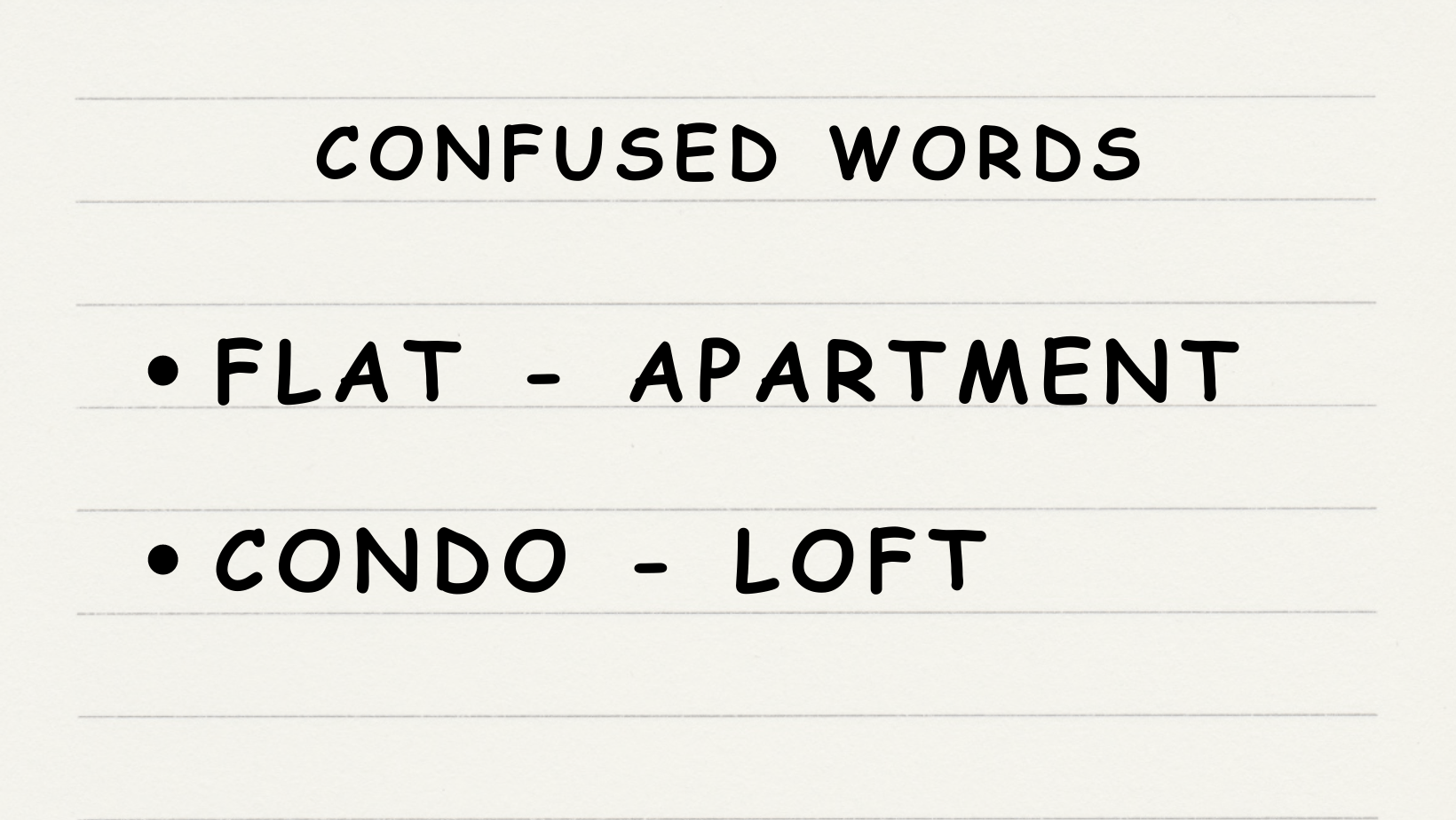
Greetings, learners! Let’s brighten up our day with a new English lesson. Today, we’re going to focus on three words that often confuse English learners: hard, difficult, and tough. These words share similar meanings but are used in slightly different ways.
Hard
Hard (IPA: /hɑːrd/) often describes a task or situation that requires a lot of effort or struggle to overcome or complete.
Here are 10 examples:
- The math problem is hard to solve. (The math problem requires a lot of effort to solve)
- I’ve been working hard on this project. (I’ve been putting a lot of effort into this project)
- It’s hard to say no to her. (It requires struggle to refuse her)
- Learning a new language is hard. (Learning a new language requires a lot of effort)
- She trains hard for the competition. (She puts in a lot of effort in her training for the competition)
- It’s hard to lose weight. (Losing weight requires a lot of effort and discipline)
- It’s hard to wake up early in the morning. (Waking up early in the morning requires a struggle)
- The test was hard. (The test required a lot of effort to complete)
- It’s hard to break old habits. (Breaking old habits requires a lot of struggle)
- She’s having a hard time adjusting to the new environment. (She is struggling to adapt to the new environment)
Difficult
Difficult (IPA: /ˈdɪfɪkəlt/) describes something that is not easy to do or understand.
Here are 10 examples:
- The exam was difficult. (The exam was not easy to complete)
- It’s difficult to reach him. (It’s not easy to contact him)
- She found it difficult to express her feelings. (She found it not easy to convey her feelings)
- It’s difficult to see in the dark. (Seeing in the dark is not easy)
- This is a difficult decision to make. (Making this decision is not easy)
- The instructions are difficult to follow. (Following the instructions is not easy)
- It’s difficult to resist a sale. (Resisting a sale is not easy)
- This puzzle is difficult. (This puzzle is not easy to solve)
- It’s difficult to maintain a healthy lifestyle. (Maintaining a healthy lifestyle is not easy)
- It’s difficult to keep a secret. (Keeping a secret is not easy)
Tough
Tough (IPA: /tʌf/) refers to something that is hard to bear or endure.
Here are 10 examples:
- He’s going through a tough time. (He’s enduring a hard time)
- The race was tough. (The race was hard to endure)
- It’s a tough decision to make. (The decision is hard to bear)
- It’s tough living alone. (Living alone is hard to endure)
- The weather conditions were tough. (The weather conditions were hard to bear)
- She’s a tough competitor. (She’s a competitor who is hard to beat)
- The training was tough. (The training was hard to endure)
- The interview questions were tough. (The interview questions were hard to answer)
- It’s tough to quit smoking. (Quitting smoking is hard to endure)
- The loss was tough on her. (The loss was hard for her to bear)
Conclusion
All set! Remember, while hard, difficult, and tough all indicate challenges, they are used in slightly different contexts. Hard often means requiring much effort, difficult refers to something that is not easy, and tough implies something hard to endure. Keep practicing, and you’ll master these differences in no time!


